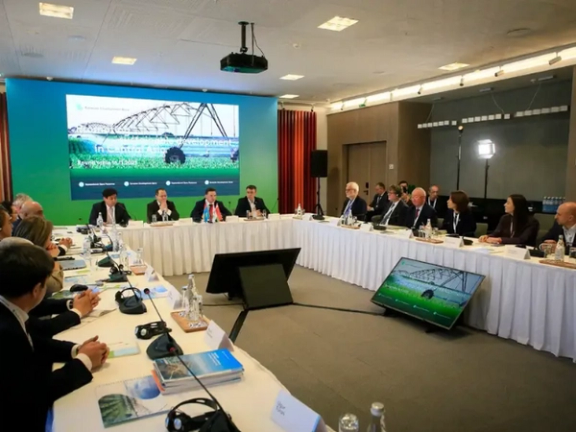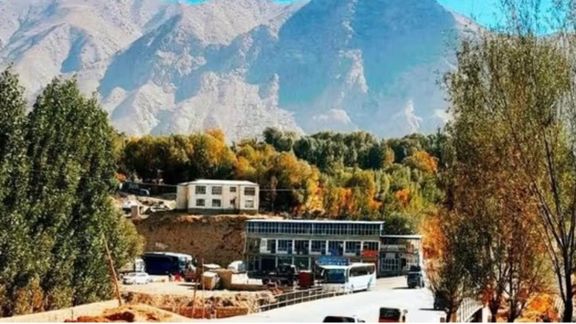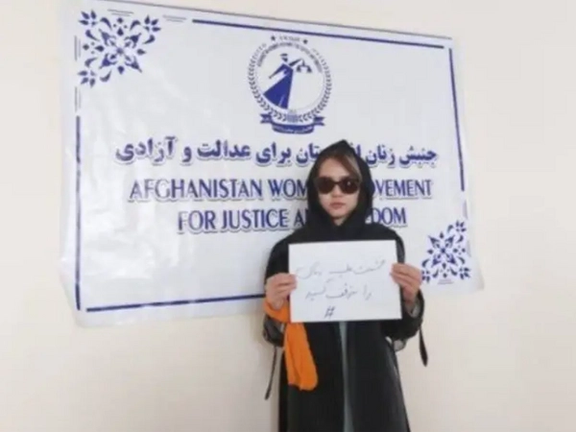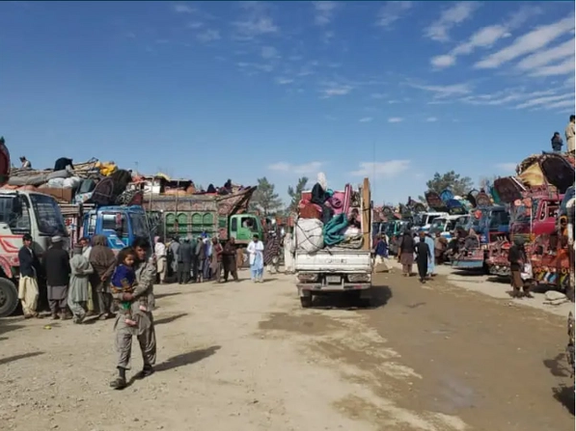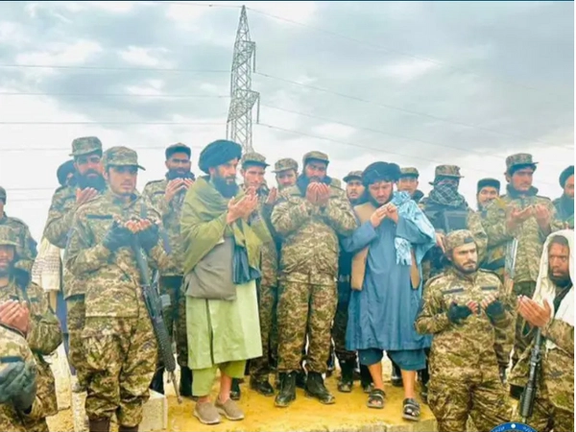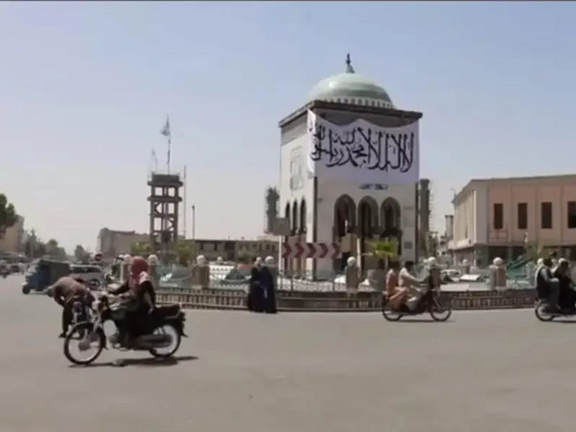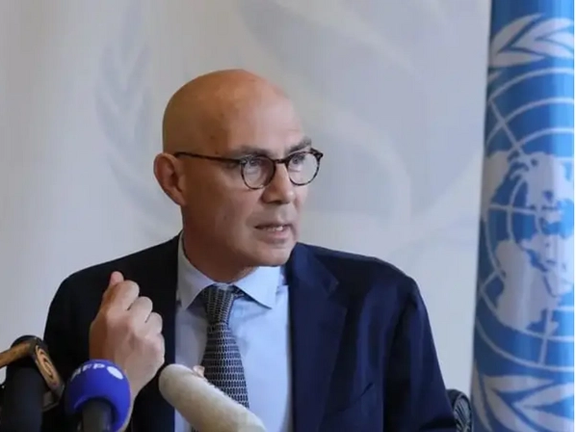In a statement, Turk wrote that between September 15 to November 11, more than 327,000 people arrived in Afghanistan from Pakistan.
In his statement on Wednesday, he added that the UN Human Rights Office has received first hand reports that Afghans were subjected to abuse and arbitrary treatment from Pakistani officials while crossing the border into Afghanistan.
In the statement, an Afghan immigrant is quoted as saying, "The local police conducted a night raid at our home. They confiscated cash, jewellery, goats, sheep and other items from our home and took them. They gave us just a few hours to collect the remaining stuff and leave the home by that day at dawn. As we were leaving, a bulldozer began to destroy our home.”
Turk said that arbitrary arrest and detention is against Pakistan's obligations and international laws.
“Many Afghans are arriving with very few financial resources, having been forced to leave their homes and jobs, in addition to being forced to pay bribes or having their possessions seized”, said Turk.
The statement also expressed concern regarding the situation of former security officials, ethnic and religious minorities, women and girls, human rights defenders, civil society activists and media workers who are forced to leave Pakistan.
The UN High Commissioner for Human Rights said that Pakistan must protect people who may face persecution, torture, ill-treatment or other irreparable harm in Afghanistan.
He asked the government of Pakistan to suspend the deportation programme of Afghan immigrants and investigate the complaints related to the violations by the authorities of this country.
